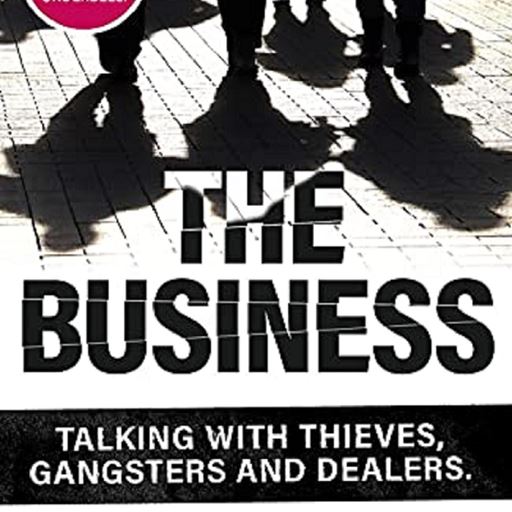The Business – Talking with thieves, gangsters and dealers by Professor Dick Hobbs, Emeritus Professor of Sociology at the University of Essex, has been published by John Blake Publishing.
The book offers a close-up view of life for middle-ranking criminals in the East End of London through interviews and research into the background and workings of ’illegal capitalism’ in the capital city.
“I was keen to write something affordable and readable, to shine a light on the stories I learnt from the people I met which explain why criminals take the paths they do. I wanted to make my studies available to non-academics and academics alike,” explains Professor Hobbs.
When Professor Hobbs was growing up, the East End was rocking with dock strikes, thievery and the kind of family values practiced by the Krays the Tibbs and a few dozen other outlaw clans. Violence was everywhere. Crime was an unavoidable fact of life.
However, his real education in Plaistow taught him that the real essence of illegal capitalism is found amongst the poor bloody infantry of the crime world; the jump up merchants, lorry high-jackers, warehouse thieves, and middle-market drug dealers. These are the people with whom he has spent most of his professional life, and along with more exalted villains such as Mad Frankie Frazer and Charlie Richardson, these are the characters who feature in the book, weaving the stories of these fearsome gangsters with the history and evolution of the UK underworld.
Speaking of his research, Professor Hobbs said: “Whenever possible I let ordinary criminals talk about ordinary crimes. I look at the breaking down of the working-class communities that the villains came from such as the docks and the rise of the drugs trade. I look at the blurred boundaries between the criminal world and daily life, through ‘nice little earners’ and how this changed as security got better and technology developed.”
Coming late to academic work, having worked as an office boy, labourer, dustman, and schoolteacher, Professor Hobbs became an urban ethnographer specialising in the sociology of London, organised and professional crime, the night-time economy, violence and drug markets. The common thread of his research is his commitment to sociological studies of urban life which emphasise the role of the global political economy in shaping deviant cultures. His background and subsequent sociological research give him a unique insight into the fascinating world of crime and criminality in the East End where he was born and bred.

.jpg?mh=500&mw=500&hash=6568B6C9CCF5290A596BEF6678B6AD0E)




